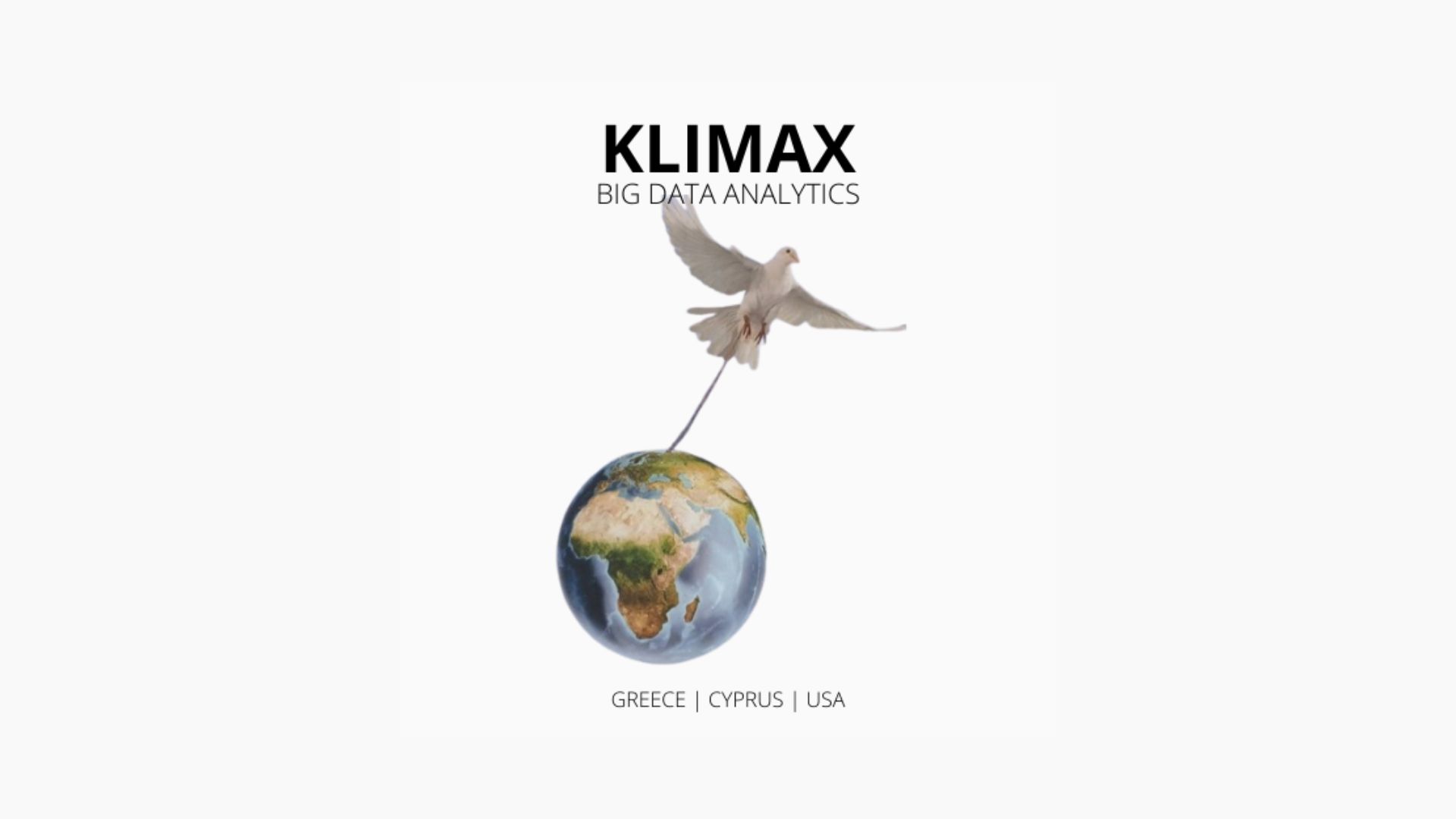“Business ethics” is rapidly becoming the “in” subject, replacing yesterday’s “social responsibility.” “Business ethics” is now being taught in departments of philosophy, business schools and theological seminaries. There are countless seminars on it, speeches, articles, conferences and books, not to mention the many earnest attempts to write “business ethics” into the law. But what precisely is “business ethics'”.’ And what could, or should- it be?
Is it just another fad, and only the latest round in the hoary American blood sport of business baiting? Is there more to “business ethics” than the revivalist preacher’s call to the sinner to repent? And if there is indeed something that one could call “business ethics” and could take seriously, what could it be?
Ethics is, after all, not a recent discovery. Over the centuries philosophers in their struggle with human behavior have developed different approaches to ethics, each leading to different conclusions, indeed to conflicting rules of behavior. Where does “business ethics” flt in or does it fit in anywhere at all? The confusion is so great – and the noise level even greater – that perhaps an attempt might be in order to sort out what “business ethics” might be, and what it might not be, in the light of the major approaches which philosophers have taken throughout the ages.















